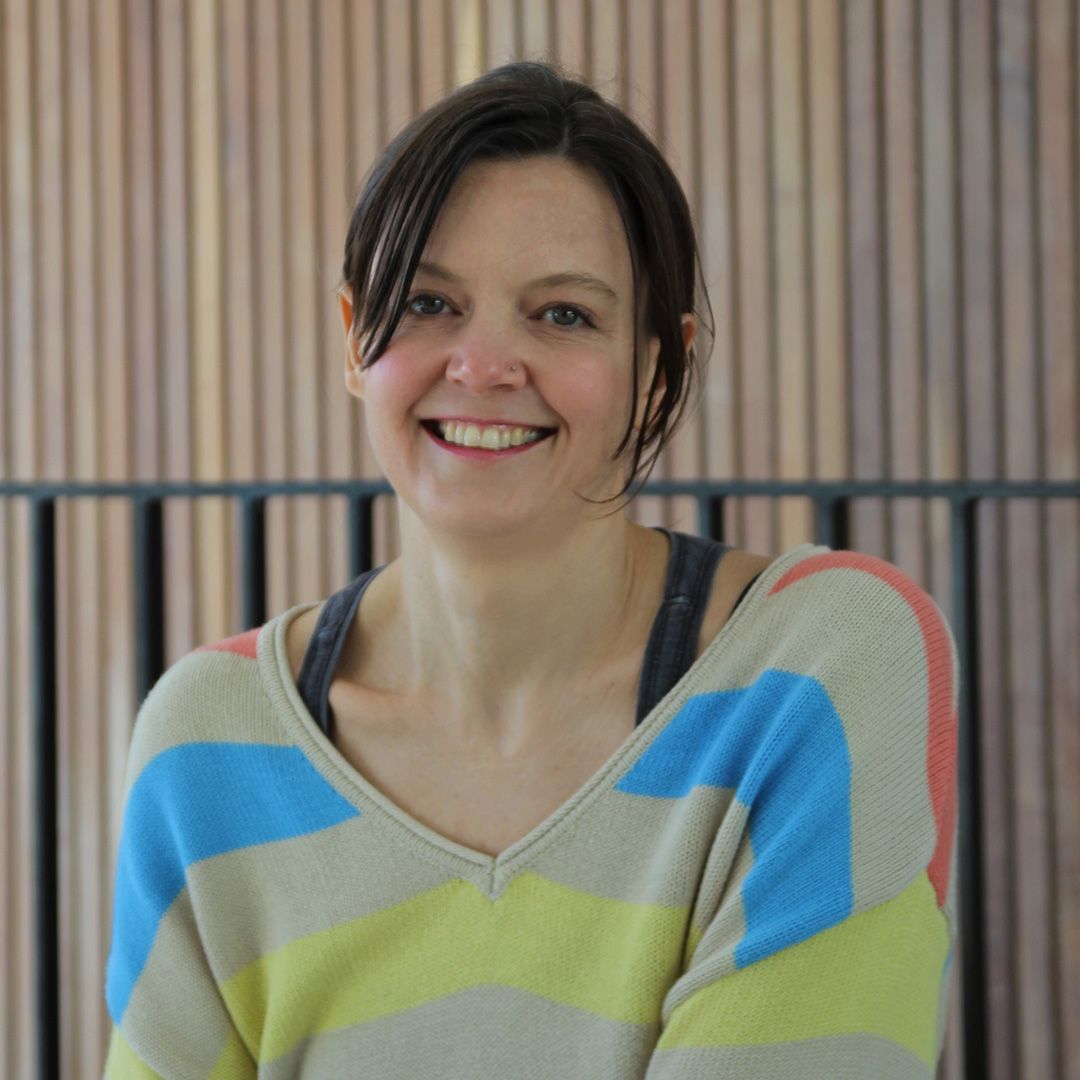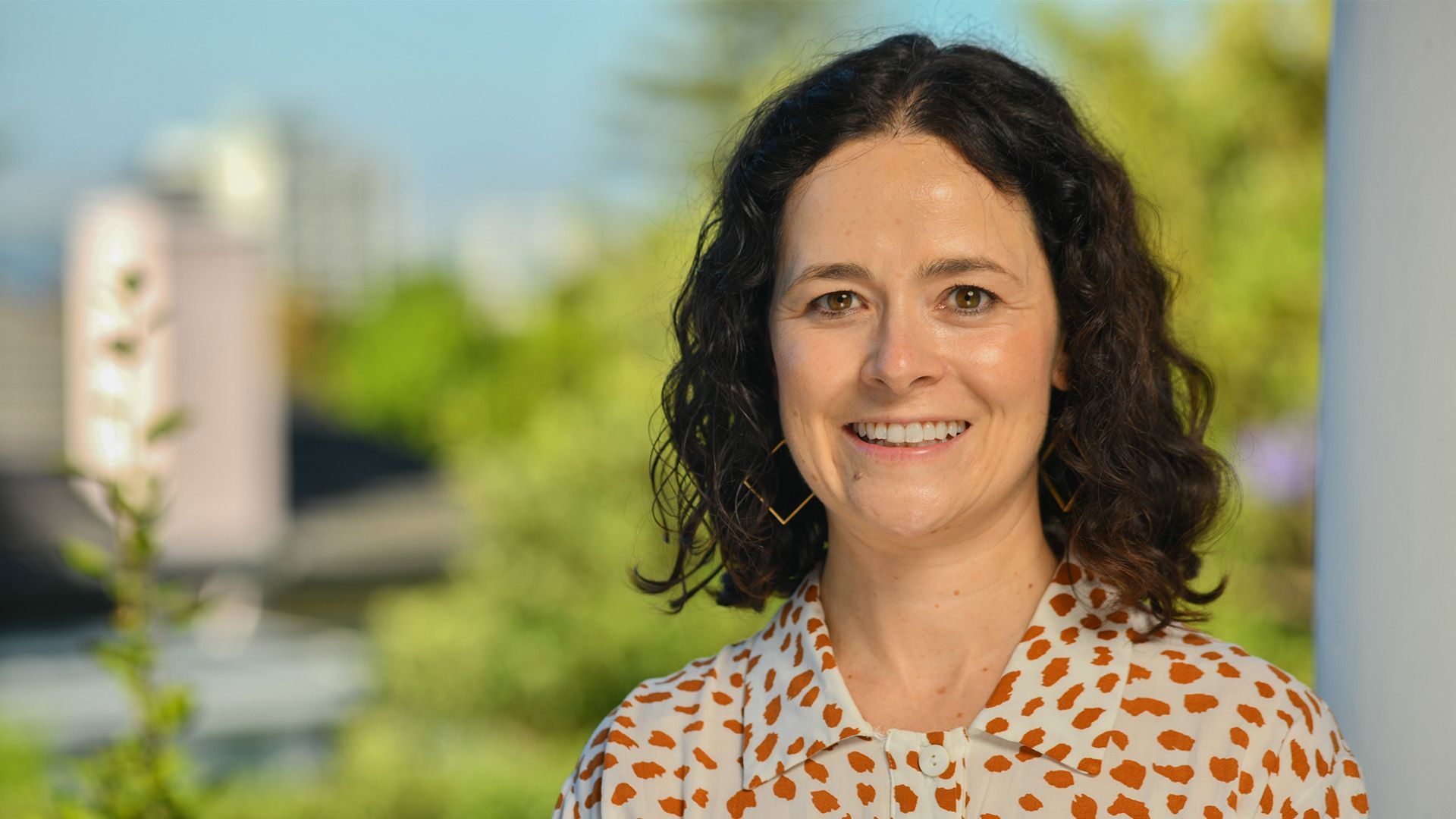Mind the mindfulness gap
Stop the train to focus your attentionStop the train to focus your attention
2024 In an era of 24 hour digital distraction, people – especially youngsters – need to build the skill of purposefully choosing where to focus their attention rather than habitually allowing it to be pulled in multiple directions.
This is according to Dr Tessa Roos, a specialist psychiatrist and mindfulness teacher practising at UCT Private Academic Hospital, who notes that there is compelling evidence connecting changes in human brain structure to the many digital interactions and distractions that now form part of our reality.
“Younger generations, in particular, are finding it difficult to actively direct and maintain their focus because their experience of the digital world predisposes them to distraction, far more so than for previous generations. Mindfulness presents a very practical and immediate way of addressing this problem,” she says.
Dr Roos notes that mindfulness has become a buzzword and is often misconstrued as requiring a calm environment or a quiet mind to practice it.
“When I started giving mindfulness talks, I did online searches for supporting mindfulness imagery and came across countless misleading images, like people meditating on the beach. There seems to be a false impression that mindfulness is about being in a serene state, but it is actually for the frustrated person caught in traffic, the exhausted person trying to get their baby to sleep – people who are stuck on the hamster wheel and coping with the many challenges of daily life,” she explains.
Jacqui Wigg, an educational professional who teaches mindfulness with Dr Roos, adds that mindfulness is not about creating a completely calm and empty mind but rather about becoming aware of one's thoughts and emotions instead of being swept away by them.
“By developing mindfulness, you can use thought as a tool, rather than getting lost in thought. It is about having agency over your awareness and choosing how you respond. This is a subtle shift, but with practice over time, it can change your experience of life.”

Jacqui Wigg is an educational professional who teaches mindfulness with Dr Roos
True mindfulness
According to Dr Roos, mindfulness – as defined by Jon Kabat-Zinn, a US professor emeritus of medicine and mindfulness expert – is the awareness that arises through paying attention in the present moment, on purpose and non-judgementally.
“This can start with something as simple as noticing the sensation of your feet on the floor, for example. Unlike a fight-or-flight response, you are aware of your thoughts and emotions and actively choose where to focus your attention at that moment,” she says.
“Mindfulness's non-judgmental aspect relates to accepting your reality. That does not mean you should stop making positive changes in your life – rather, it’s about starting from a place of acceptance instead of spending your energy on wishing things were different,” says Wigg.
“By starting with the intention of acceptance in mindfulness practice, you can free up energy for being with things as they are, which allows capacity for growth and change.”
Stopping the train
Dr Roos adds that acceptance and non-judgement directly relate to developing self-compassion and greater understanding.
“Many people are shocked to realise just how many of their thoughts are self critical when they start paying attention to them in everyday situations. This could be a case of being at the gym and going down the rabbit hole about how your body compares to the bodies of other people or getting lost in thought on the drive home about what you should have said during an argument long after it has passed.
“Mindfulness can help you stop that train and put your focus elsewhere, such as feeling your muscles as they stretch and contract while you exercise or observing the irritation that arises within you and choosing to chuckle at your own humanness. After all, we are all human. By noticing and accepting your experience in the moment, you can actively choose to move forward with your thoughts and actions instead of remaining in a spiral of self-criticism,” she says.
Dr Roos says that while numerous apps and other resources exist to develop mindfulness on your own, it has multiple layers and can be difficult to implement on your own, so the input of a community or a teacher is recommended.
“In simple terms, you could start by selecting an ordinary task such as brushing your teeth, feeling the sensation of the bristles, and tasting the toothpaste. When you notice your mind wandering, bring it back to toothbrushing. However, building up the practice of mindfulness and finding anchors for your awareness requires ongoing development, which is much more easily done when you are not going it alone.
“Practicing mini-mindful moments in a controlled environment and with guidance can help you build truly effective mindfulness that you can apply to your life in a bigger way. There are times when life can be unpleasant, and we can’t always change that, but we can be mindful and choose where to focus our attention,” she concludes.
For more information about the mindfulness course offered by Dr Tessa Roos and Jacqui Wigg, please visit
www.capemindfulness.com.













